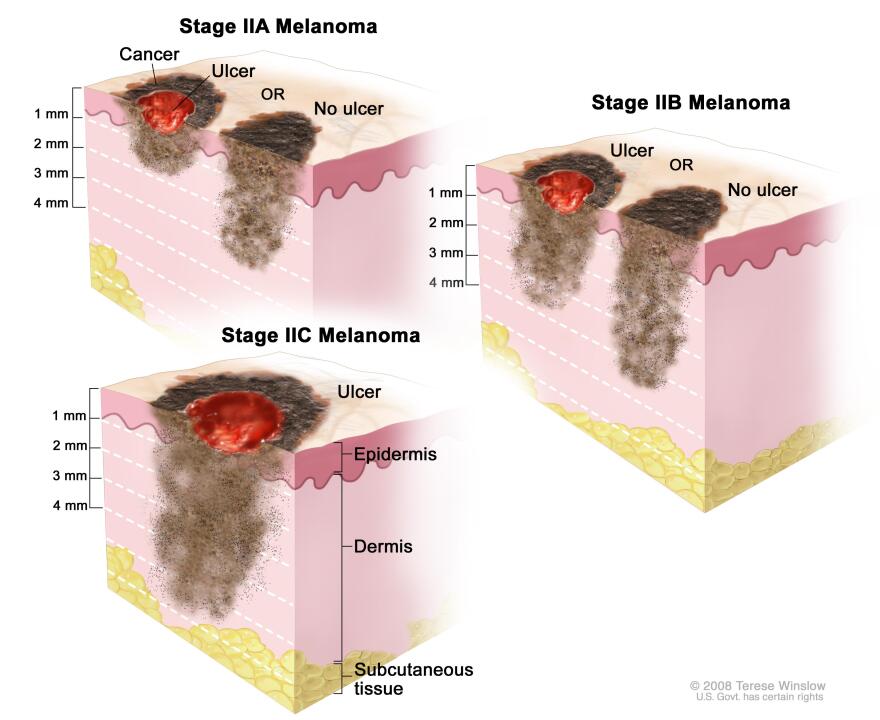Patients with late-stage melanoma have a better chance of a longer life, with new drugs that are moving from clinical trials with some patients potentially to much larger groups of patients.
The advanced stage disease kills about 10,000 patients a year from the 76,000 diagnosed. Roswell Park Comprehensive Cancer Center is working with some of the top cancer centers in the United States and in Europe on testing the latest drug combinations and seeing much higher survival rates and lengths of life than prior treatments.

Dr. Igor Puzanov, Roswell Park's chief of melanoma and director of early phase clinical trials programs, says genetic studies are becoming essential, with the proliferation of genes carrying initials and patient sub-groups.
"BRAF mutation. BRAF gene is mutated. So we looked actually at those patients and half of them will express gene called AXL," Puzanov says, "and if the AXL is high, it is bad. And there is another gene called MIDF and if MIDF is low, that's bad also. So if you have BRAF kind of high, AXL high and MIDF low, that is really bad."
Puzanov says it can take more than a week to do the tests, which give oncologists these results for the late-stage patients he sees. He says those results give doctors key information about which patients to treat with the new drugs and which revert to current drugs.
When Puzanov began to study melanoma in 2004, survival was in months.
"The median survival if you had stage-four metastatic disease - when it spread to other organs - was about 6-8 months, so half of the patients were, unfortunately, not with us within 6-8 months," he says. "And when you look at two-year survival, who survives two years? It was about 5, maybe 10, percent and almost nobody survived five years."
Now, as oncologists mix and match, genetic test results and cocktails of different cancer drugs, patients can survive for years.
"We actually do see about 70 percent of patients stabilizing - 70 percent stabilizing when you know that 100 percent were progressing before," he says. "70 percent now stabilizing is actually promising. Of course, what you need to do is ramdomized study and what you need is the longer followup."








